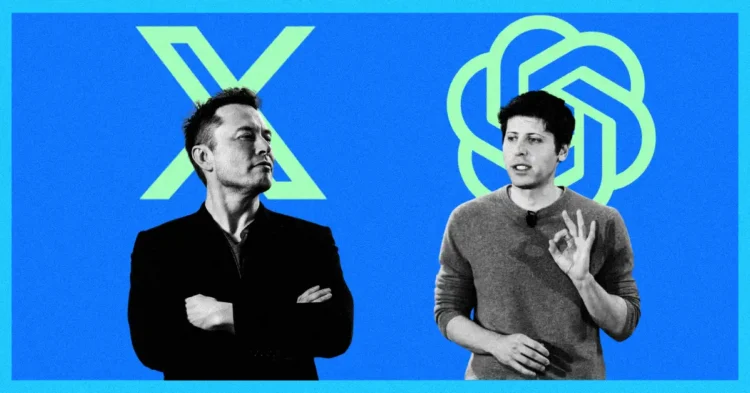The ongoing confrontation over OpenAI’s controversial decision to adopt a for-profit structure is gaining intensity. Notably, Mark Zuckerberg, CEO of Meta, has allied with Elon Musk to contest this strategic shift, citing concerns over its potential repercussions on the innovation ecosystem within Silicon Valley. This legal clash has been further fueled by profound ethical considerations, particularly following the tragic demise of a whistleblower.
Meta and Musk’s Opposition to OpenAI
Meta, in conjunction with Elon Musk, has initiated a significant resistance against OpenAI’s recent transition to a profit-oriented model. In a formal communication addressed to California Attorney General Rob Bonta, Meta expressed apprehensions that OpenAI’s reorganization might exploit nonprofit resources for individual financial benefit. The company asserts that this transformation undermines OpenAI’s foundational nonprofit objectives.
Despite a history of rivalry, Zuckerberg has emerged as a pivotal ally in this legal struggle. Both industry giants are apprehensive that OpenAI’s shift might inspire other startups to exploit nonprofit frameworks for commercial gain. Meta’s correspondence has urged a thorough investigation into OpenAI’s operations, with a specific focus on the alleged misuse of tax-exempt contributions.
The Ethical Dilemma in AI
Elon Musk, one of OpenAI’s co-founders, has consistently criticized the company’s pivot to a profit-focused strategy, contending that it contradicts OpenAI’s original mission to serve the public interest. His objections extend beyond this issue, as evidenced by his lawsuit against Microsoft and OpenAI, accusing them of engaging in anti-competitive practices. With Zuckerberg now supporting Musk’s stance, the opposition has garnered substantial momentum.
The transition to a for-profit model has raised significant questions about the prioritization of profit over ethics within the AI sector. Meta and Musk argue that OpenAI’s new direction may establish a perilous precedent for other companies operating in Silicon Valley.
Tragic Death of Whistleblower
The discourse surrounding OpenAI’s ethical stance has been further complicated by the unfortunate death of Suchir Balaji, a former researcher at the organization. Balaji had previously voiced concerns regarding potential copyright infringements within OpenAI’s systems. His untimely death, which authorities have ruled as a suicide, has intensified the scrutiny on the ethical dilemmas confronting AI researchers.
As this situation evolves, critics remain vocal in their contention that OpenAI’s shift to a for-profit framework contradicts the organization’s initial objectives to prioritize public welfare over financial gain. The ongoing debate underscores the critical need for ethical considerations to remain at the forefront of AI development and implementation.











